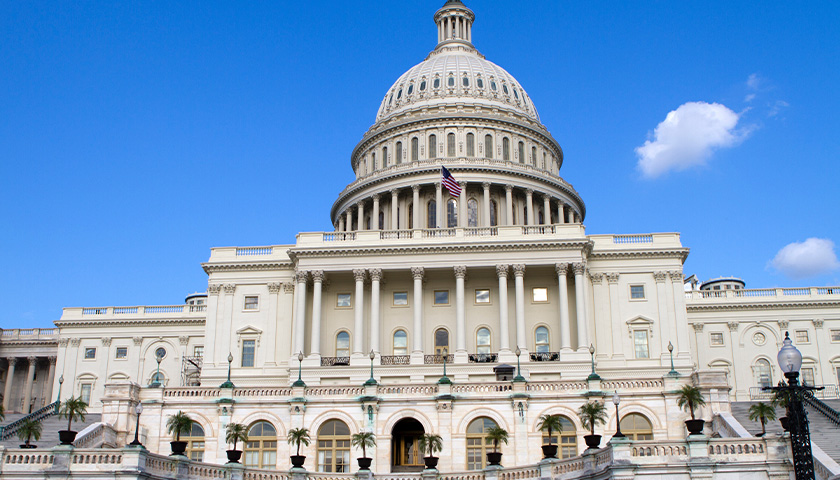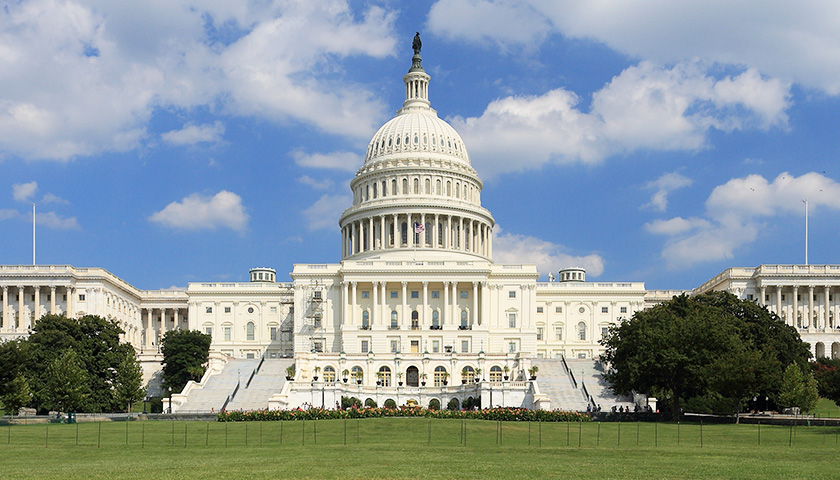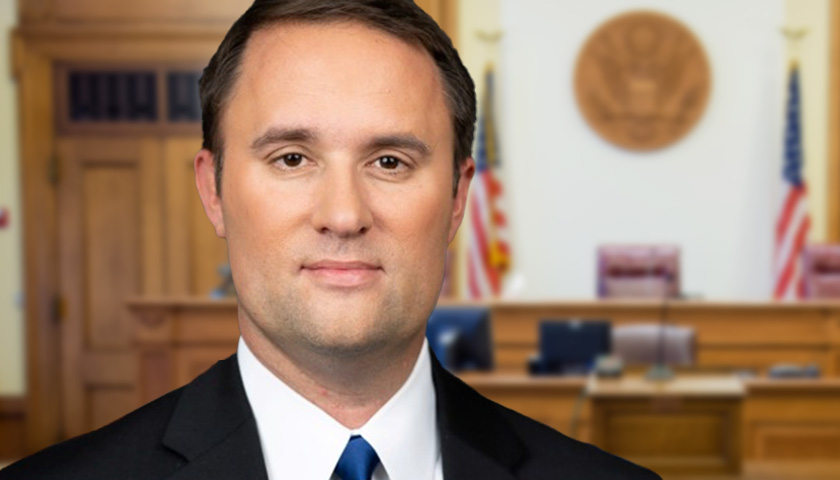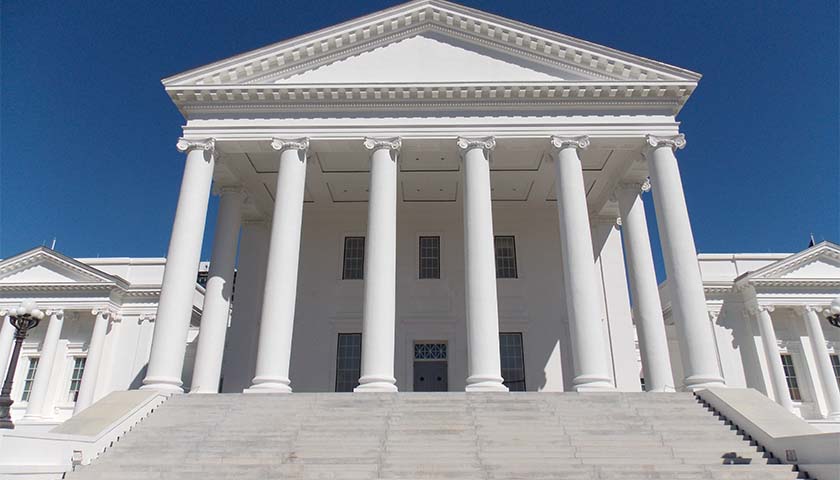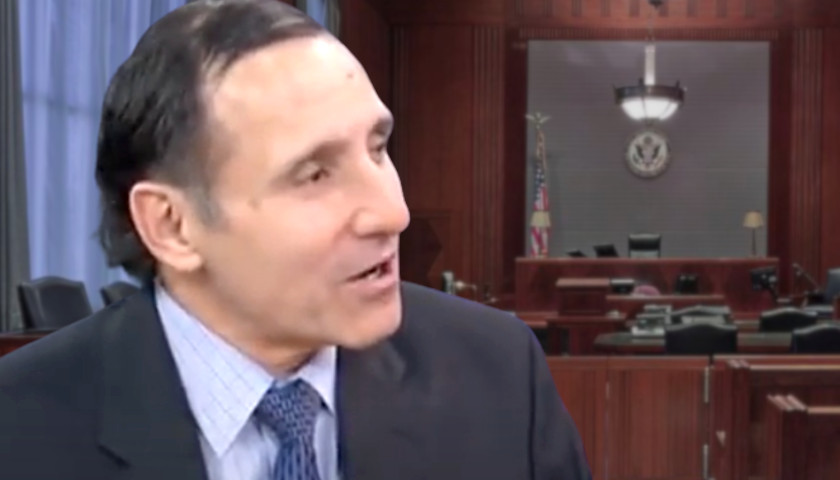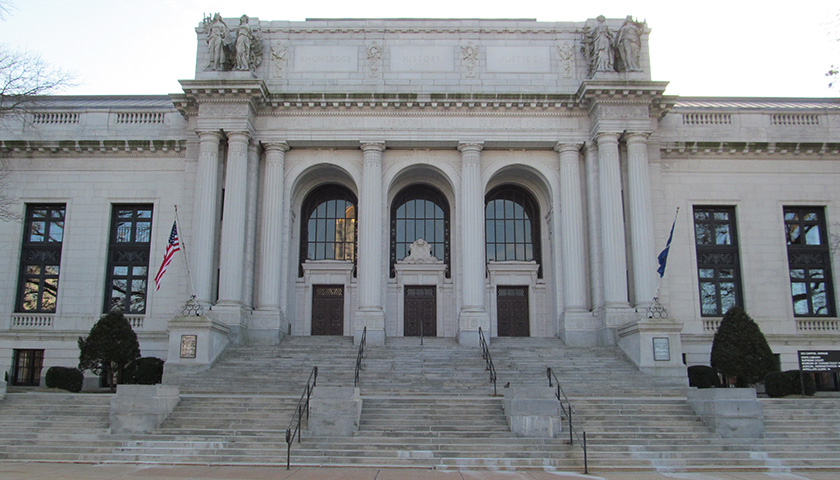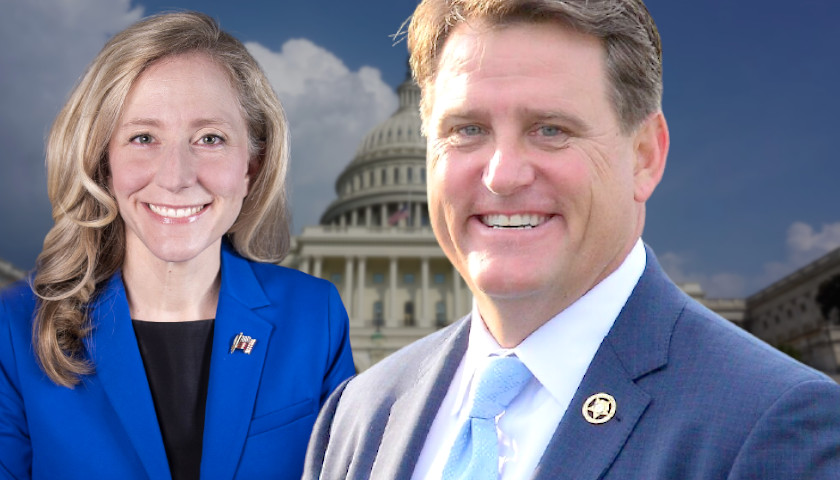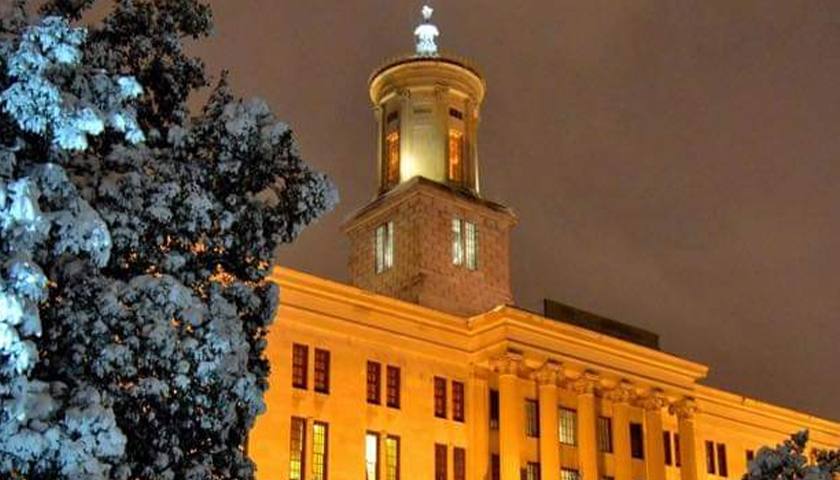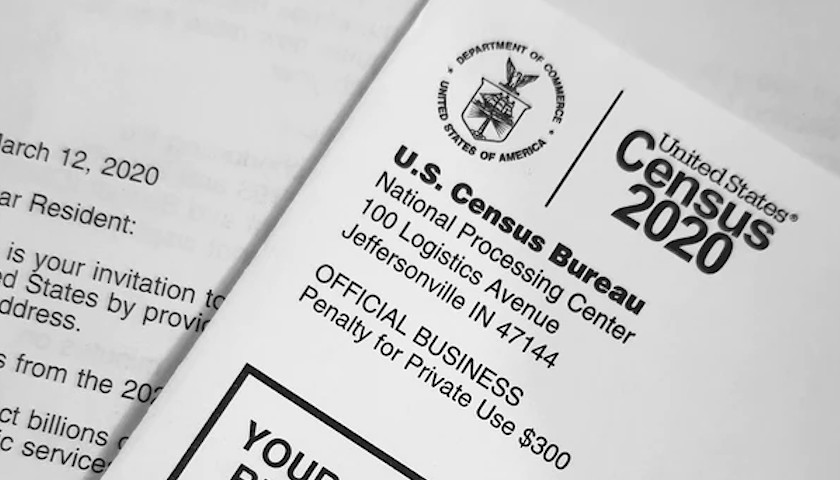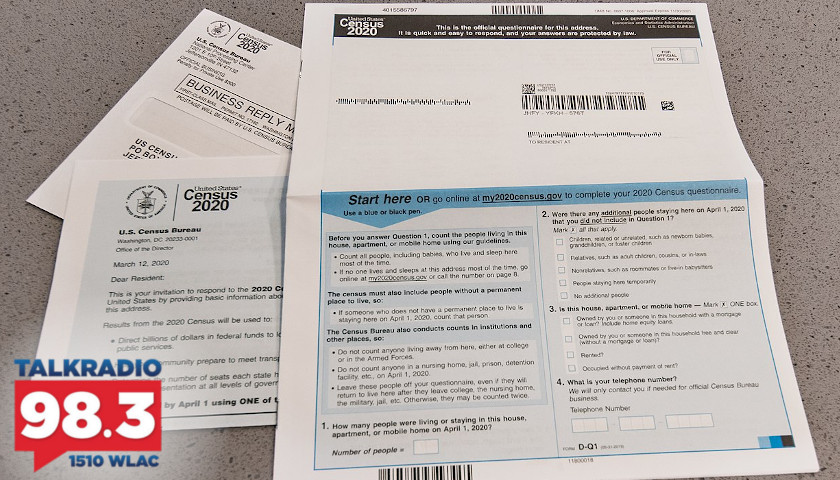The Democrat-run states such as New York and Illinois are increasing 2020 census numbers after successfully asking for a review of the once-a-decade population survey that helps determine federal funding distribution as the states struggle with population losses.
The distribution of the population of California is also being changed following a review, the Associated Press reported Thursday. That report says that “the once-a-decade census produces population figures that help determine political power and the annual distribution of $2.8 trillion in federal funding. The Census Bureau has two programs giving governments opportunities to have their population totals reviewed and adjusted if need be. Nearly 200 requests for reviews were filed by tribal, local and state governments for the 2020 census.”
Read the full story


